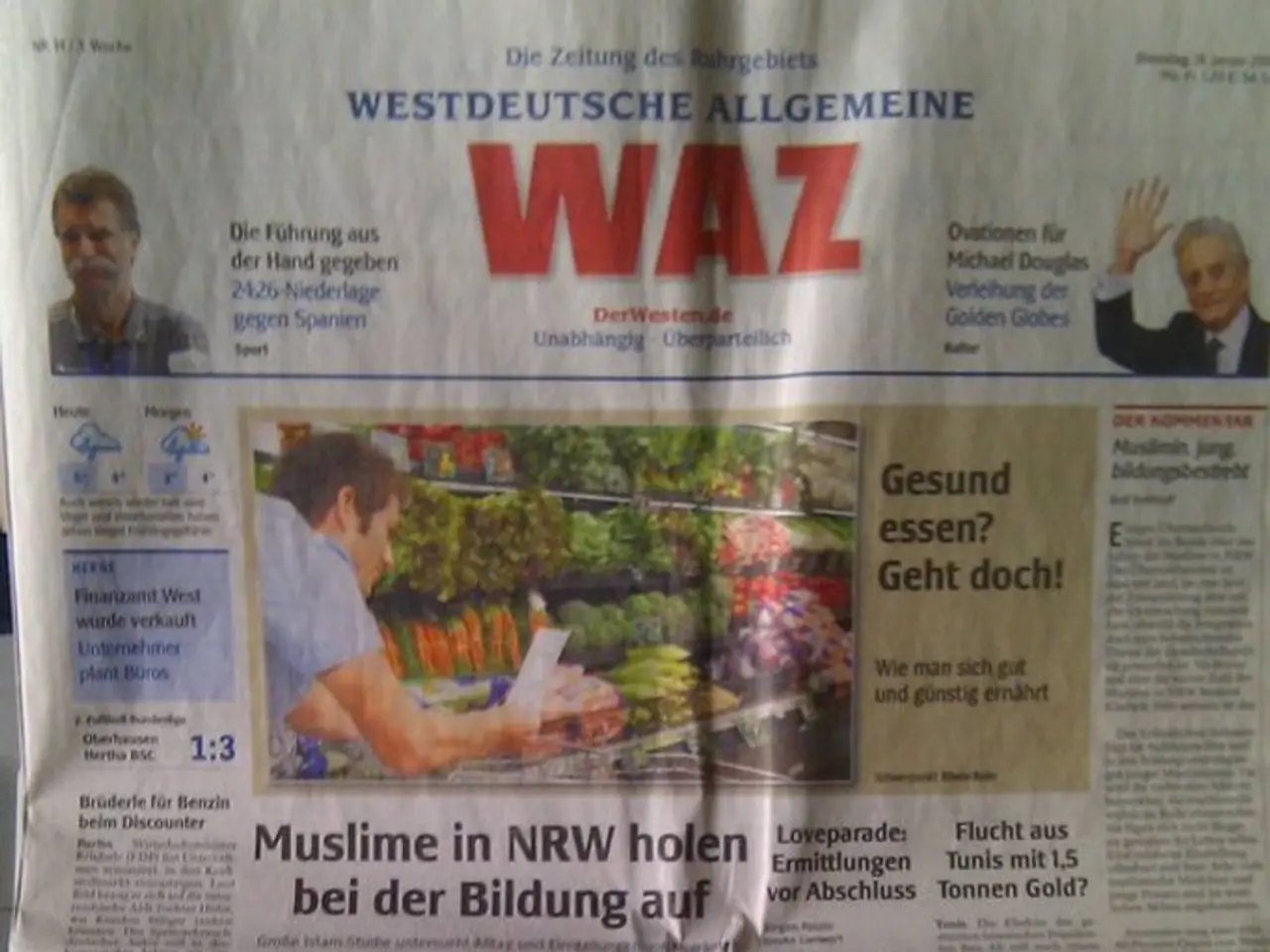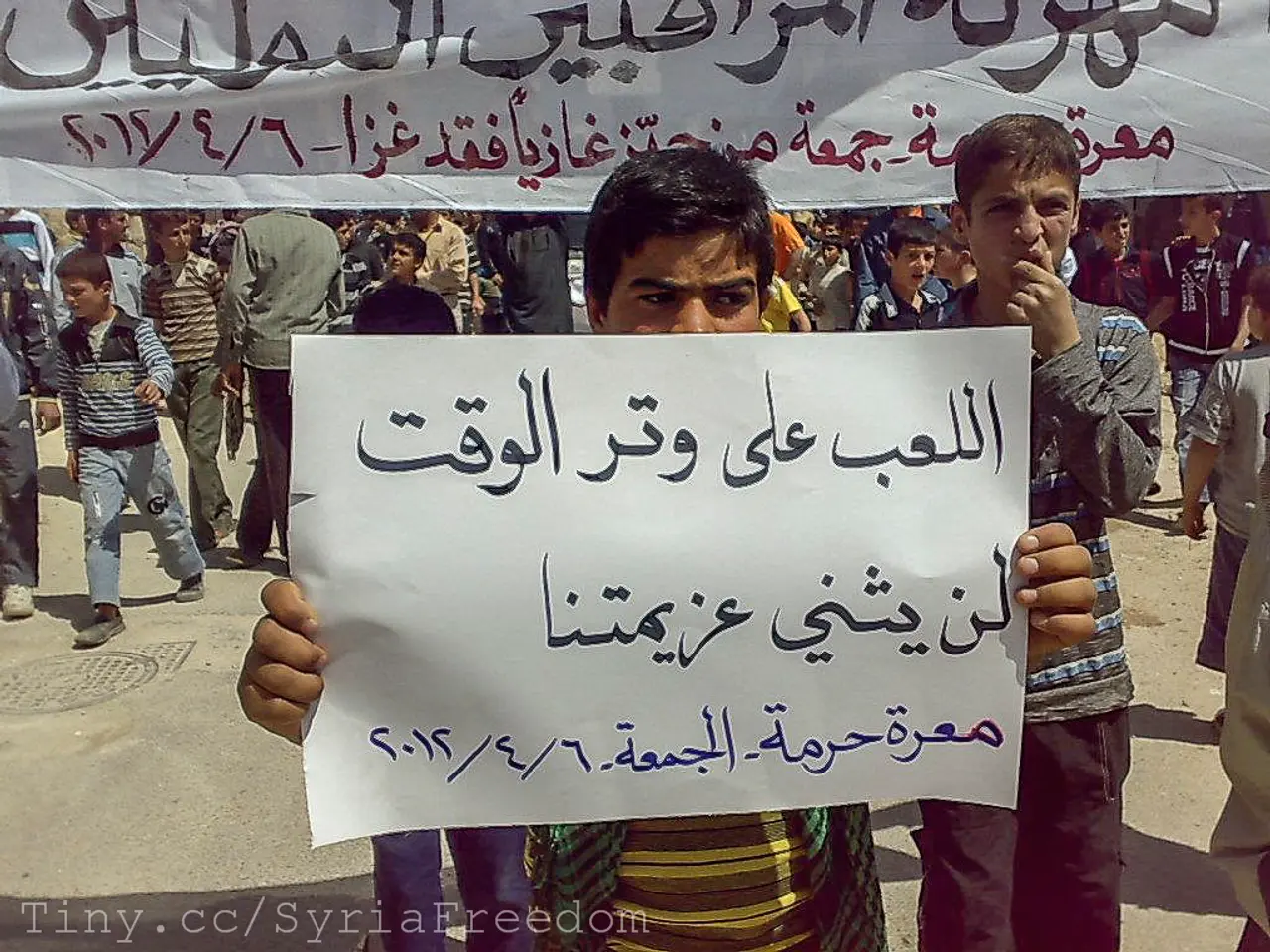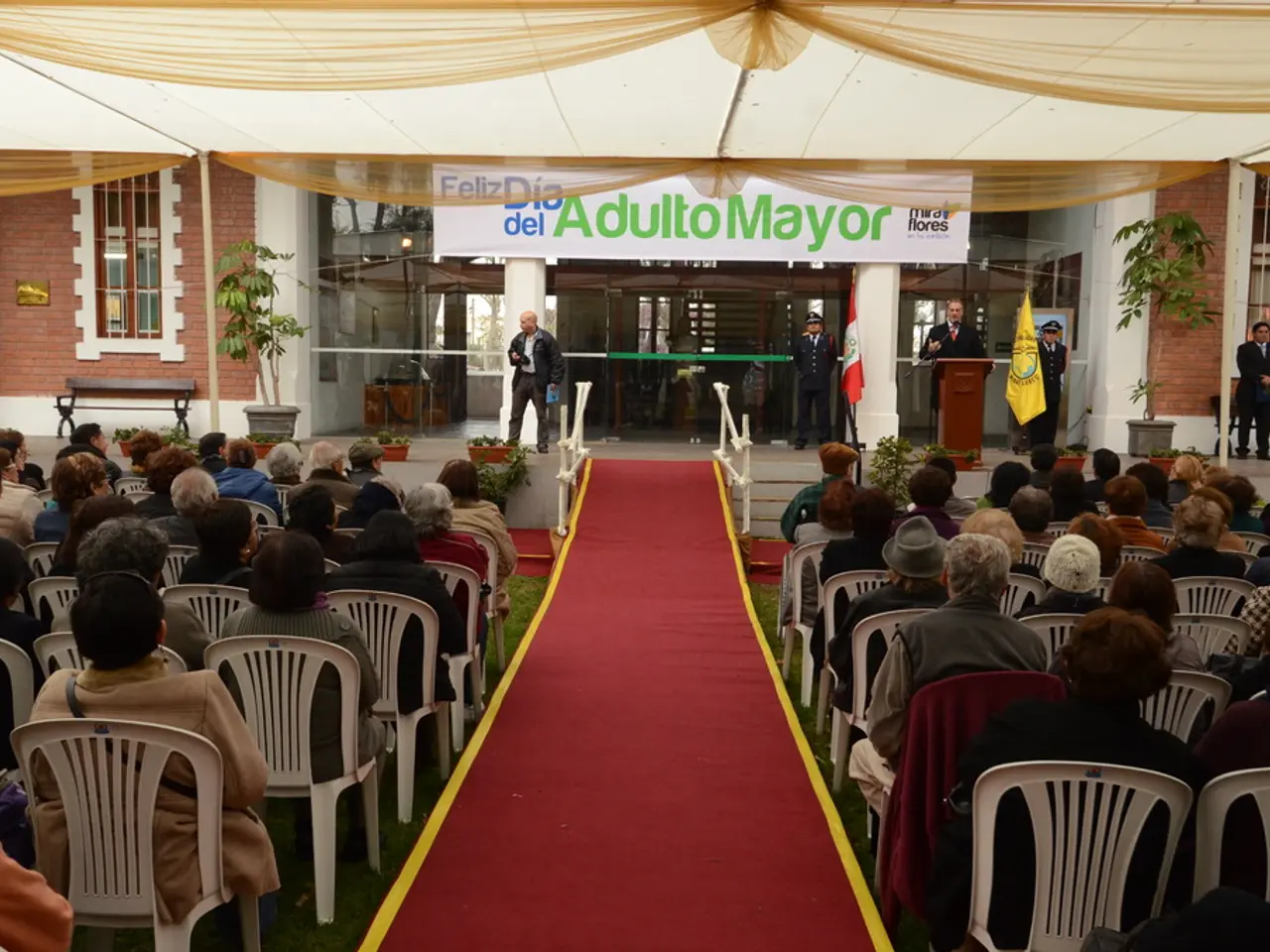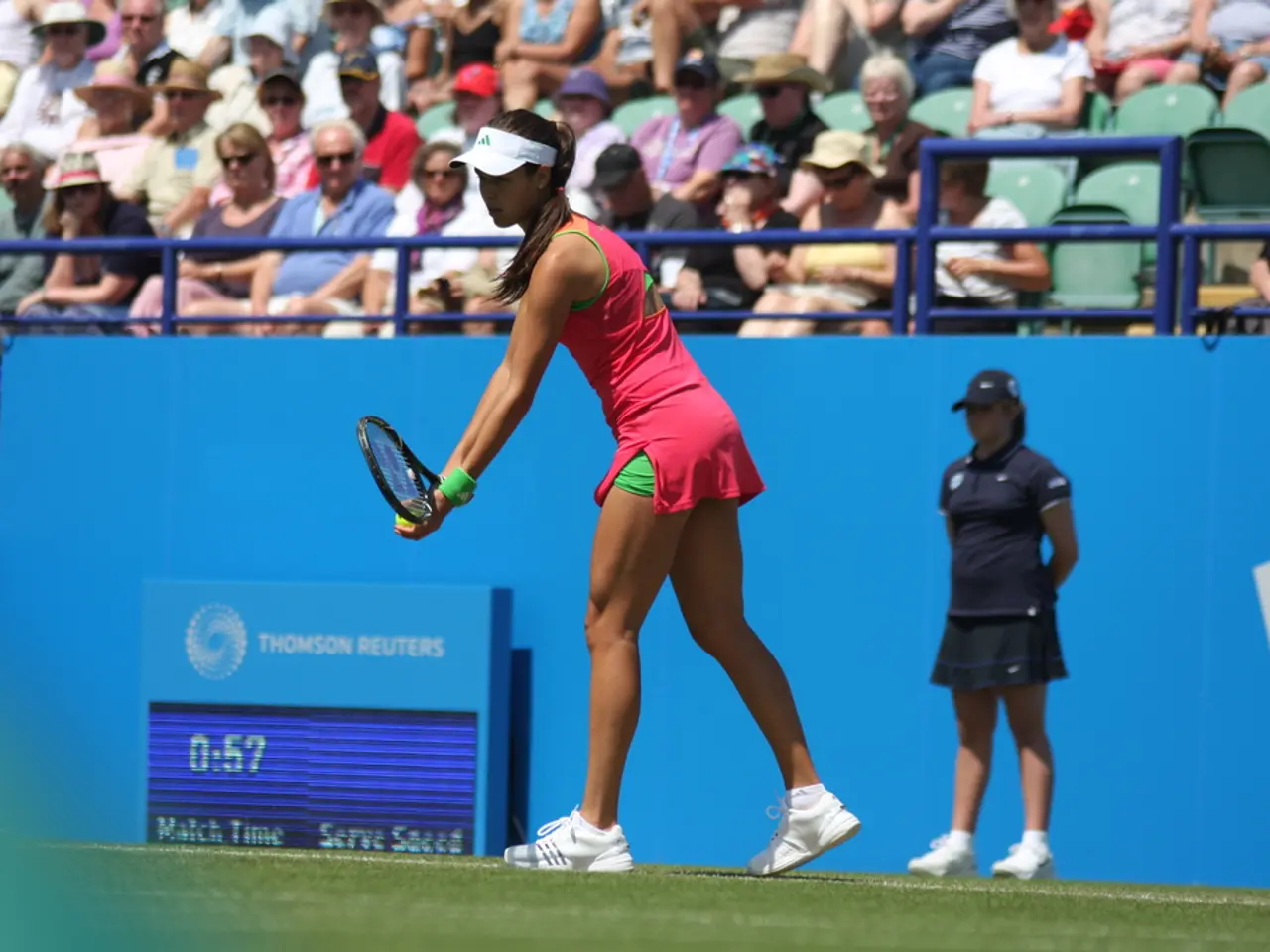Discussion between Dar and Rubio on mutual affairs and regional topics as Pakistan-US relations improve
In the realm of international relations, the current state of trade and diplomatic relations between Pakistan and the United States is notably positive. This shift in dynamics is marked by recent significant agreements, such as the trade deal signed in July 2025, which aims to develop Pakistan's largely untapped oil reserves with U.S. assistance in exploration and infrastructure development [1][5].
This move signifies enhanced bilateral cooperation in energy and investment sectors. Moreover, an early August trade deal has resulted in a substantial reduction of U.S. tariffs on Pakistani exports to 19%, down from the initially proposed 29%. This tariff cut is the lowest in the South Asia region, providing Pakistan with a competitive edge over regional exporters like Vietnam and India [2][3]. As the U.S. is Pakistan’s largest export market, with exports worth $6 billion in the previous fiscal year, this agreement is expected to significantly boost Pakistani exports [2][3].
The deal also reflects a mutual commitment to deepen trade and investment cooperation, including collaboration in emerging fields such as cryptocurrency, rare earths, and IT [3]. The diplomatic relationship between the two countries is undergoing a reset after years of estrangement, according to analysts [4].
Notably, American President Donald Trump brokered a ceasefire between Pakistan and India in May, marking a significant step towards improving regional stability [6]. This diplomatic overture was followed by high-level bilateral exchanges, such as the lunch between Pakistan's Deputy Prime Minister Ishaq Dar and US Secretary of State Marco Rubio in early August [7].
Pakistan's government has been actively pursuing trade and economic ties with regional countries and international allies, such as the US, in recent months. This strategic move is driven by a prolonged macroeconomic crisis that has drained Pakistan's resources [8]. Pakistan hopes to achieve a sustained economic growth driven by exports and long-term financial reforms [9].
From July 2024 to February 2025, Pakistan's exports rose 10 percent from a year earlier [10]. Pakistan considers the US an important trade partner and its top export destination [1]. The recent trade deal and the partnership to develop Pakistan's oil reserves are expected to lead to reduced tariffs and deeper economic ties [1][2].
The improved ties between Pakistan and the United States come after a period of diminished high-level bilateral exchanges, as American forces withdrew from Afghanistan [11]. In June, Trump hosted Pakistan's army chief for an unprecedented lunch at the White House [6].
In conclusion, the relationship between Pakistan and the United States is characterised by increasing economic engagement, with the U.S. showing strategic interest in Pakistan’s resource development and trade potential, and Pakistan benefiting from improved access to the U.S. market and growing investment opportunities. This reflects a constructive phase in U.S.-Pakistan diplomatic and trade relations as of mid-2025 [1][2][3].
[1] https://www.reuters.com/business/us-pakistan-sign-deal-develop-oil-reserves-2025-07-21/ [2] https://www.dawn.com/news/1570793 [3] https://www.dawn.com/news/1570656 [4] https://www.aljazeera.com/news/2025/08/05/analysis-us-pakistan-relations-reset-after-years-of-estrangement [5] https://www.bloombergquint.com/onweb/us-pakistan-sign-deal-to-develop-oil-reserves [6] https://www.nytimes.com/2025/05/21/world/asia/pakistan-india-ceasefire-trump.html [7] https://www.dawn.com/news/1570784 [8] https://www.dawn.com/news/1570783 [9] https://www.reuters.com/article/us-pakistan-economy-exports-idUSKBN25F20H [10] https://www.dawn.com/news/1570656 [11] https://www.aljazeera.com/news/2025/06/23/us-pakistan-relations-after-troop-withdrawal-from-afghanistan
- The recent trade deal and the partnership to develop Pakistan's oil reserves are not limited to energy and investment sectors; they also involve collaboration in emerging fields such as cryptocurrency, rare earths, and IT.
- In addition to boosting Pakistani exports to the United States, the significant reduction in U.S. tariffs on Pakistani exports also provides Pakistan with a competitive edge over countries like Vietnam and India in the South Asia region.








